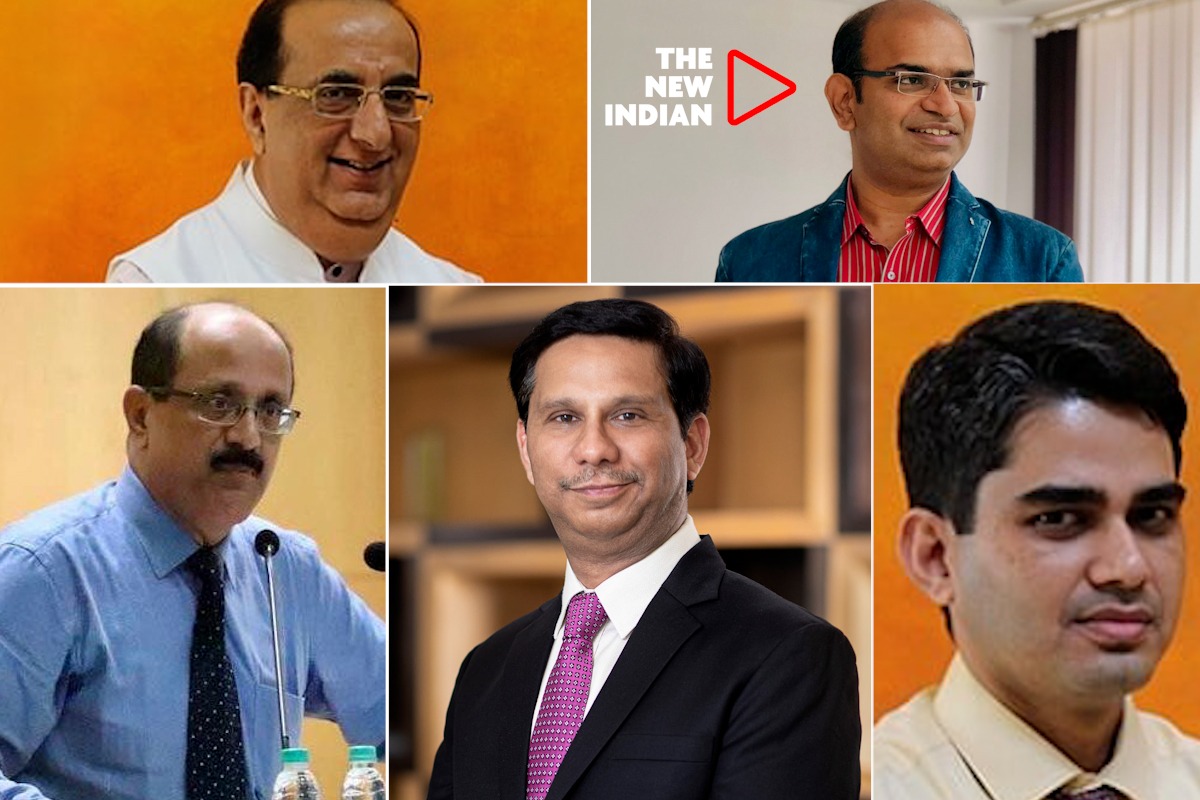New Delhi: At a time when two people have died due to Nipah virus infection following its outbreak in kerala, epidemiologists and health experts have cautioned that the absence of a covid like vaccine remains a concern even as they insisted that mRNA vaccines may be used to reduce transmission.
The New Indian talked to various medical experts to know more about the treatment and precaution that need to be taken for Nipah virus.
Talking to the New Indian, Dr Atul Kumar Nasa, Ex-Head of office, Drugs Control Department, Delhi and Pro Vice Chancellor, SGT University, Gurugram, said “As far as I understand there is no Antiviral drug/Vaccine in our country to treat the Nipah Virus. However, efforts are on to develop some molecules. Maintaining good hygiene and supportive care, including managing symptoms and providing intensive care for severe cases, is essential (for Nipah virus).”
READ MORE: Over 100 people to be quarantined for Nipah, Kerala under threat
Dr Rajesh Kumar Meena, Sr Consultant physician at Moolchand Hospital said, “For patients with henipavirus infection, supportive care is the mainstay of treatment; in addition, some patients may require intensive care monitoring.”
“For Nipah virus, prevention efforts include educating at-risk populations about ways to reduce transmission of infection. mRNA vaccines and monoclonal antibodies are also being evaluated” he added.
Dr Sandeep Budhiraja, Group Medical Director at Max Healthcare says “Transmission is commonly seen in the family and caregivers of Nipah virus-infected patients. Because NiV can be spread from person-to-person, standard infection control practices and proper barrier nursing techniques are important in preventing spread in settings where a patient has confirmed or suspected NiV infection.”
READ MORE: Mandaviya confirms Nipah virus, Kerala on high alert
“Currently there is no known treatment or vaccine available for either humans or animals. However, Ribavirin, an antiviral may have a role in reducing mortality among patients with encephalitis caused by Nipah virus disease. It is not recommended for Prophylaxis.” said Dr Budhiraja while talking to The New Indian.
Dr. HK Chopra, Sr. Consultant Cardiologist and Physician at Moolchand Hospital recommended that prevention is of paramount importance. He said “Everyone should take precaution in the form of hand washing regularly with soap and water, washing fruits, vegetable and raw fruits, avoid contact with infected patients, pigs, or bats. Avoid contact with blood or any body fluids or any person known to be infected with NiV.”
EXCLUSIVE: Over 100 people have been advised to quarantine themselves after being suspected of coming into contact with the one of the four people who have been confirmed of contracting the #NipahVirus in #Kerala
Reports @Viveknarayan805
FULL REPORT: https://t.co/5ifx15YenP
— The New Indian (@TheNewIndian_in) September 13, 2023
Dr. Chopra said that raising awareness about the signs, symptoms, and risk of NiV among populations is the need of the hour.
Dr Rajeev Jayadevan, a member of Public Health Advisory Panel in Indian Medical Association of Kerala State, said while speaking to The New Indian said “An unfortunate consequence of such outbreaks is misinformation, which gets quickly shared and forwarded. One should only listen to trusted officials.”
Kerala health Minister Veena George held a high-level meeting to review the situation in Kozhikode on Tuesday morning while Union Health minister Mansukh Mandaviya said a central team of experts has been sent to the state of Kerala.
READ MORE: New health campaign to mark PM Modi’s birthday
The Kerala health ministry has advised preventive measures to the public. They are as follows:
1) Don’t eat fruits bitten by birds and animals
2) Wash fruits and vegetables thoroughly
3) Avoid contact with animals
4) Don’t visit the places where the outbreak has already taken place
5) Wash hands properly after visiting infected people
6) Do not drink toddy collected from areas where bats are found in large numbers
The Ministry has also advised steps to be taken in the containment zones including social distancing, masks and sanitizer usage in containment zones.










